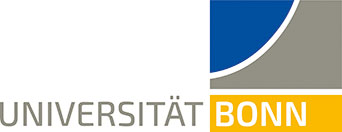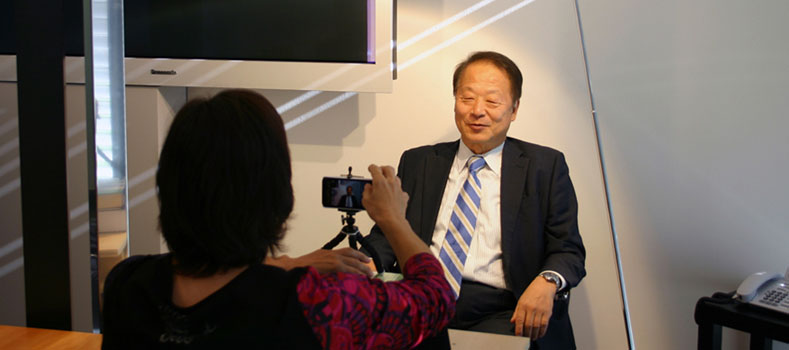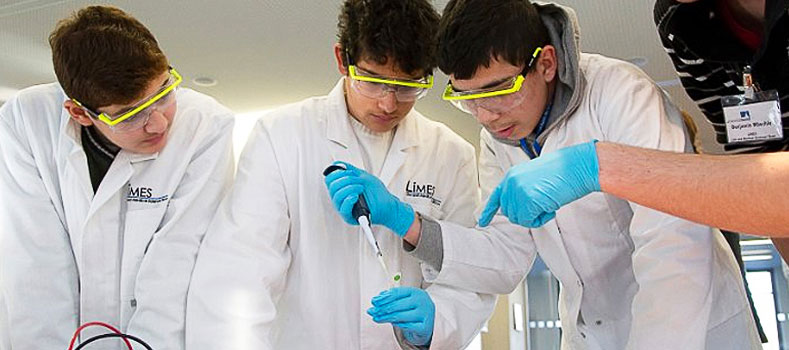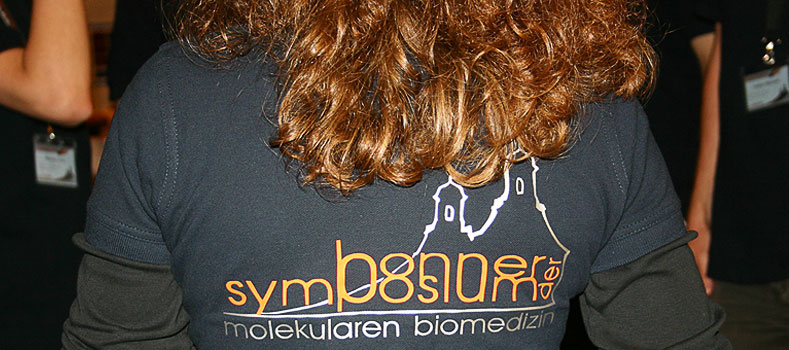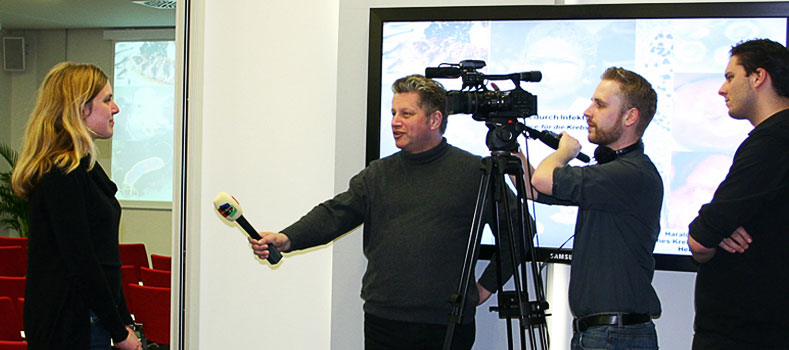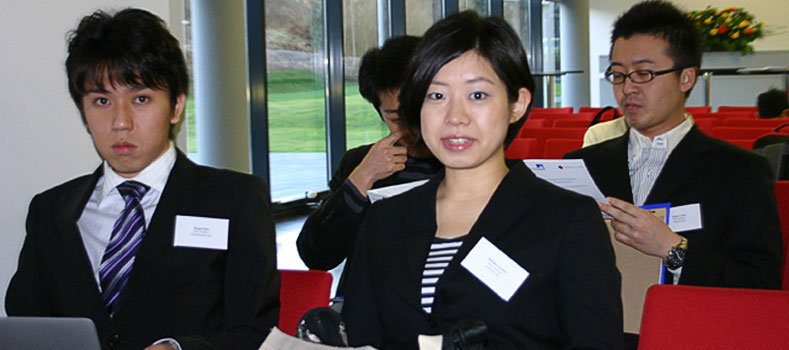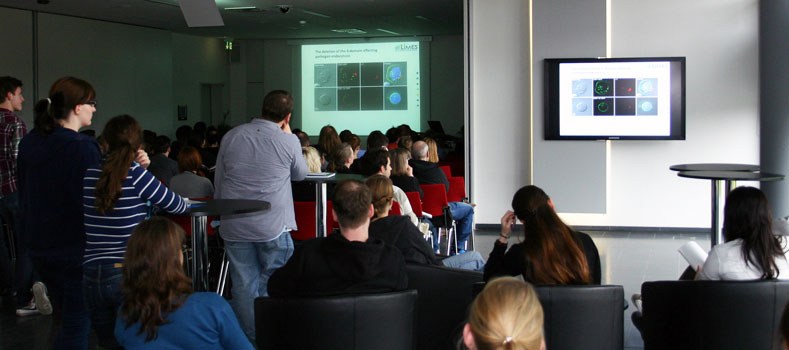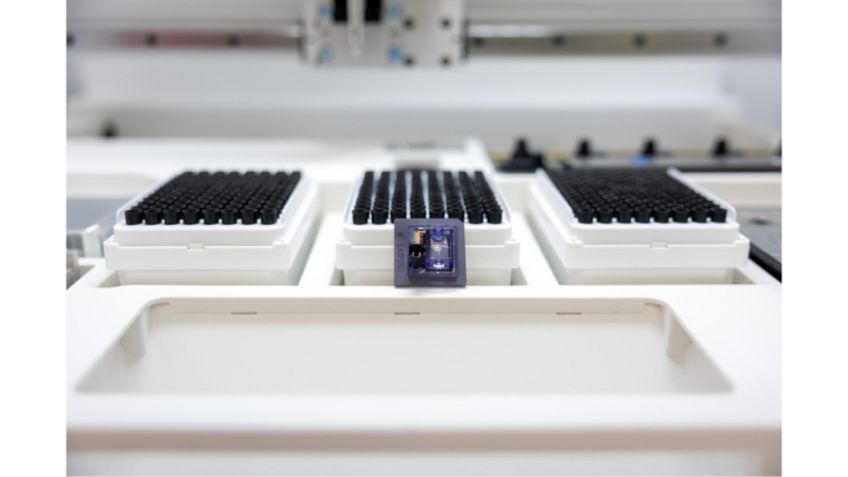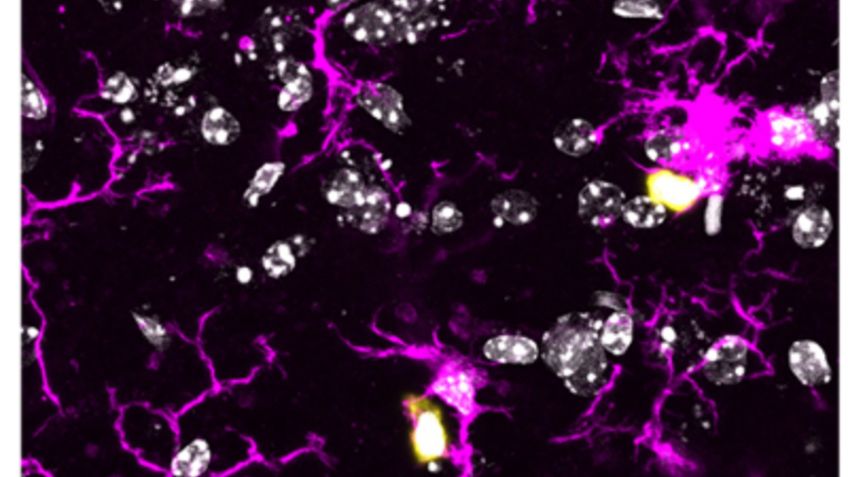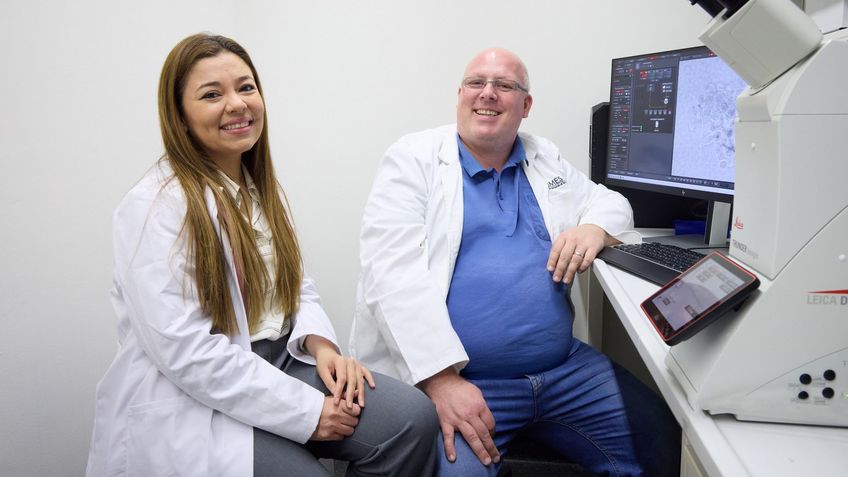Presentation of extracellular antigens on MHC I molecules (cross-presentation) to activate cytotoxic T cells generally requires antigen translocation into the cytosol for proteasomal degradation. The molecular mechanisms enabling such intracellular transport were largely unknown and debated controversially, mainly because direct functional evidence was lacking.
In a current article, the group of Prof. Sven Burgdorf from the LIMES institute demonstrated that such translocation is mediated by Sec61, a protein from the ER, which is translocated toward antigen-containing endosomes after stimulation of the dendritic cell with pro-inflammatory factors. Of crucial importance for this study was the generation ER-retained antibody (intrabody) recognizing a luminal loop of Sec61. Expression of this intrabody prevented Sec61 recruitment towards endosomes without affecting its activity in the ER, resulting in a specific inhibition of antigen translocation into the cytosol and hence cross-presentation.
These findings are published in the current issue of Immunity.
publication: Matthias Zehner, Andrea L. Marschall, Erik Bos, Jan-Gero Schloetel, Christoph Kreer, Dagmar Fehrenschild, Andreas Limmer, Ferry Ossendorp, Thorsten Lang, Abraham J. Koster, Stefan Dübel und Sven Burgdorf: The Translocon Protein Sec61 Mediates Antigen Transport from Endosomes in the Cytosol for Cross-Presentation to CD8+ T Cells; Immunity; DOI: http://dx.doi.org/10.1016/j.immuni.2015.04.008.
contact:
Professor Dr. Sven Burgdorf
LIMES-Institut der Universität Bonn
Tel.: 0228/73-6 28 25
E-Mail: burgdorf@uni-bonn.de
